
Tourists in Tibetan attire take photos during a visit to Dukezong Ancient Town in Shangri-La, Yunnan province, in March. [PHOTO by LIU ZHE/CHINA DAILY]
With the peak tourist season getting underway in the Tibet autonomous region, a trend has arisen among visitors to be photographed at some of the major tourist spots while wearing traditional attire.
In the Potala Palace Square and along the ancient Barkhor Street in Lhasa, Tibet's capital, tourists can be seen everywhere, having photos taken while wearing gorgeous Tibetan clothes. They regard such activities as a way of experiencing the unique local culture.
While the tourists enjoy the beauty brought by dressing in local clothing in some of Lhasa's busiest streets, the trend has produced new types of beautiful scenes in the city.
Luo Bibo, who runs Drolma Image, a photo studio near Barkhor Street, said many hostels and photo studios in Lhasa now offer services related to such photos, but it has only become a hot activity in recent years.
"Traditional Tibetan attire is widely used by such photography services in Lhasa, but some operators have produced innovative designs in new styles, colors and aesthetic choices to meet the tourists' needs," Luo said.
Around 2019, some female tourists posted social media photos of themselves wearing Tibetan dress, prompting many other visitors to follow suit while touring the plateau city, he said.

A visitor has her photo taken in traditional dress in Dukezong Ancient Town in Shangri-La in March. [PHOTO by LIU ZHE/CHINA DAILY]
Luo said that his was one of only two studios offering such services for visitors at the time, but now there are between 80 and 100 such outfits around Barkhor Street.
His studio now employs about 10 staff members, and it offers services such as providing clothing and makeup, along with taking photos, post-production work and photo reviews. "To demonstrate our respect for Tibetan culture and customs, we avoid allowing tourists to wear gaudy clothing while being photographed," he said, adding that Barkhor Street, the Potala Palace, monasteries, the grassland and lakes are the most popular locations for visitors to have photos taken.
Chen Zhiwen, a cultural scholar and TV anchor, has posted a short video on Douyin, a popular related site, commenting on the trend.
"First of all, I don't think it's a bad thing — the tourists express their love and respect for the plateau region and the Tibetan people, which is understandable," he said.
"However, it's very important not to disturb others while taking photos in public places, and especially not to obstruct the path of those who are undertaking religious practices. Secondly, some of the items held by women when they are having their photo taken may not just be props, but may in fact be genuine symbols of belief, so it is not good to hold them upside down."
He added that some of the items may contain holy scriptures, so it is not respectful to hold them in inappropriate ways.
Tibet's tourism market continues to heat up as peak season approaches. The region received nearly 2.55 million tourist visits in the first three months of the year, a rise of 39.6 percent year-on-year, local media reported. During the same period, tourism revenue exceeded 2 billion yuan ($290 million), a year-on-year rise of 42.8 percent.








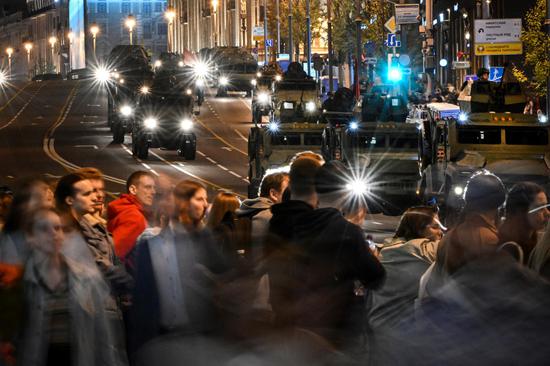
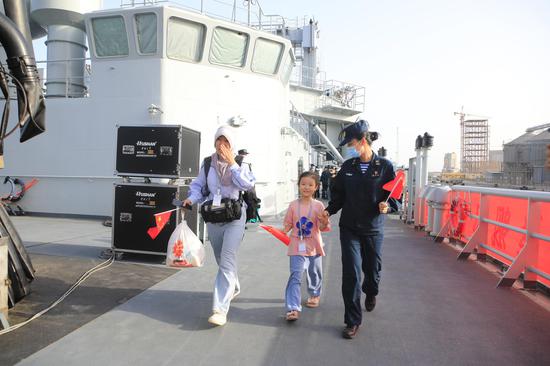
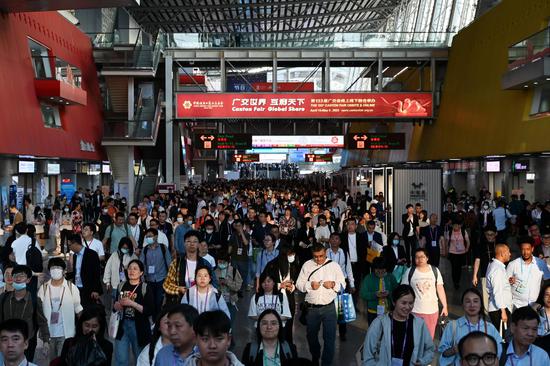
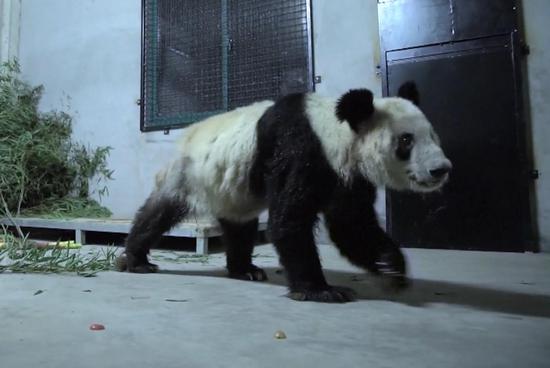
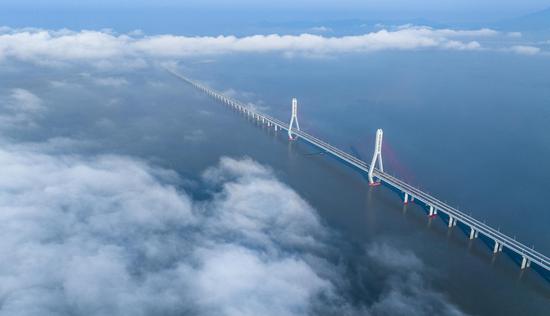
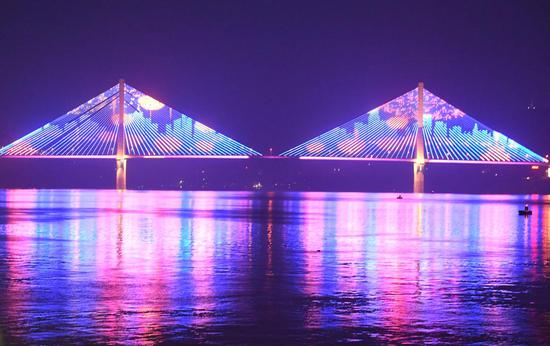
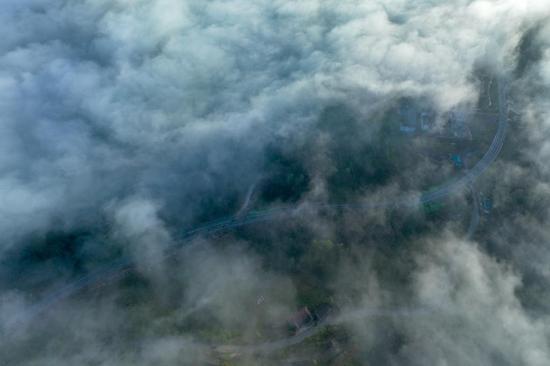
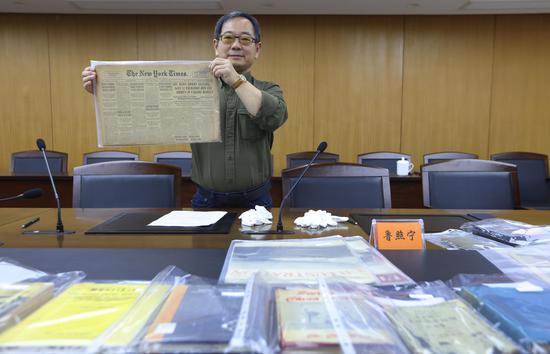

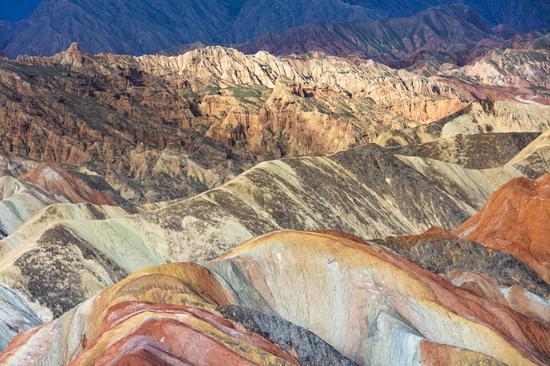
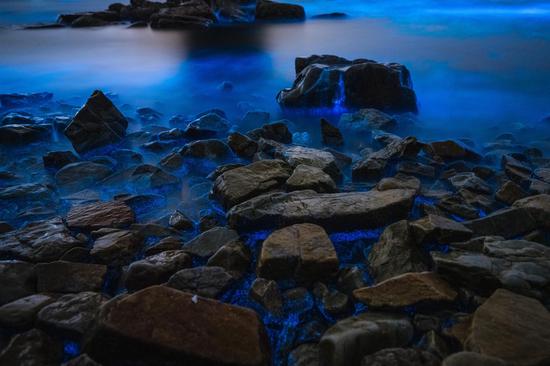
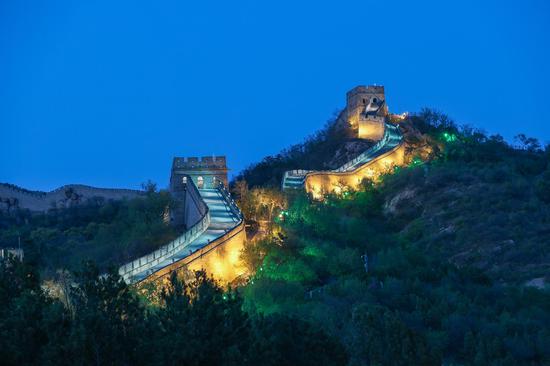

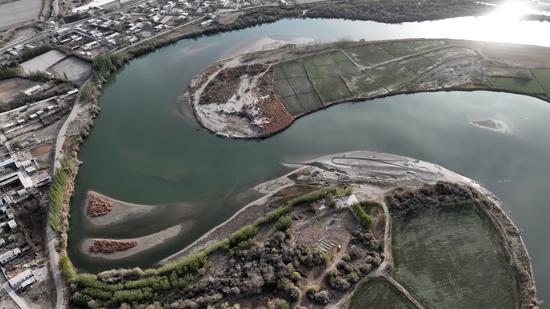
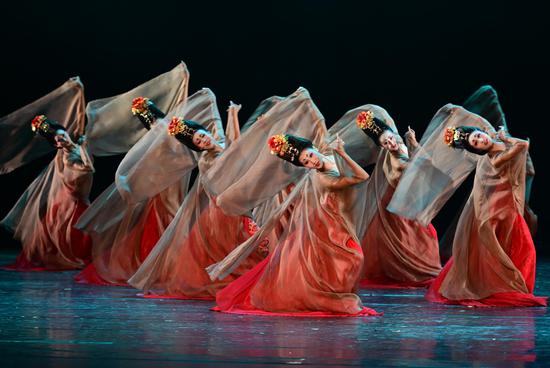
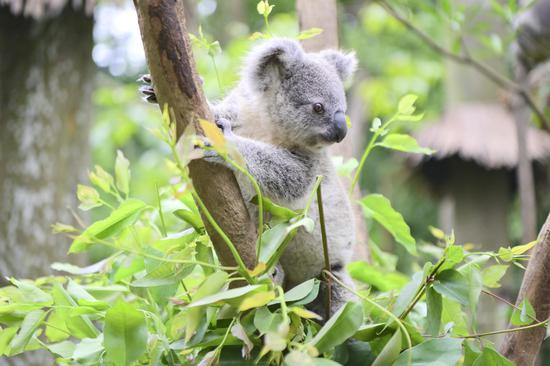
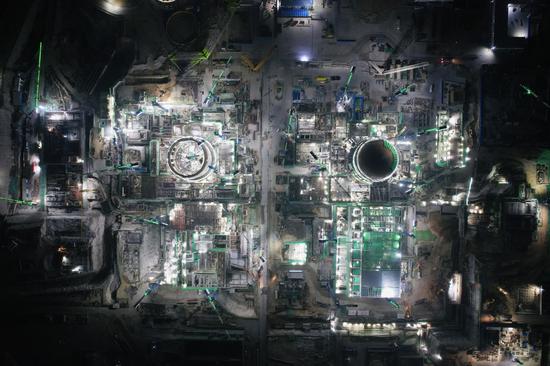
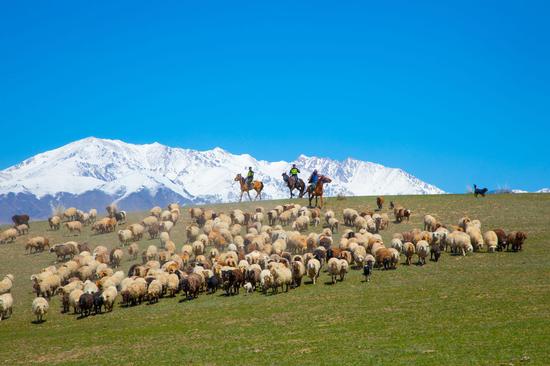
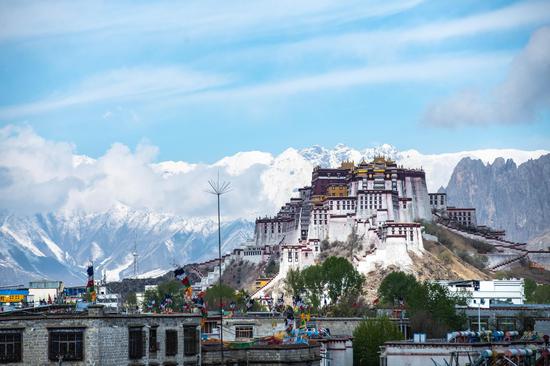
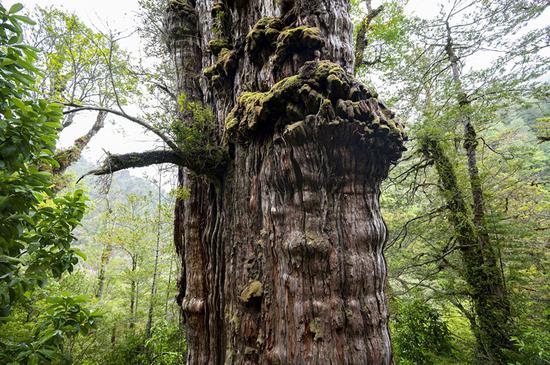
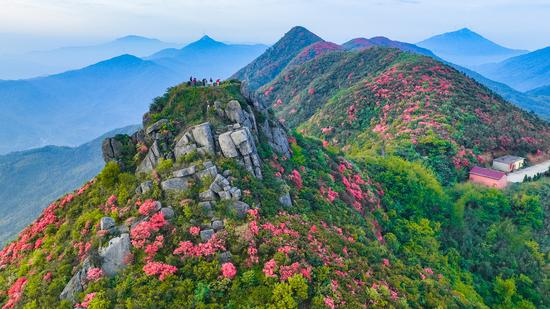
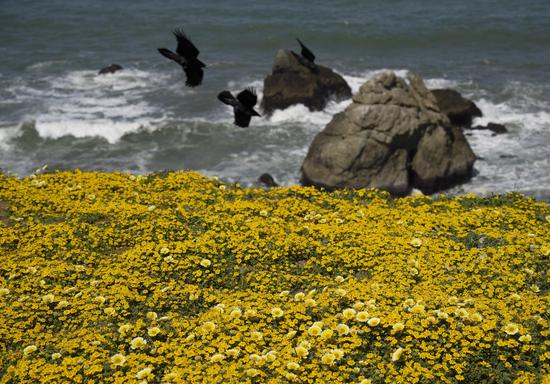
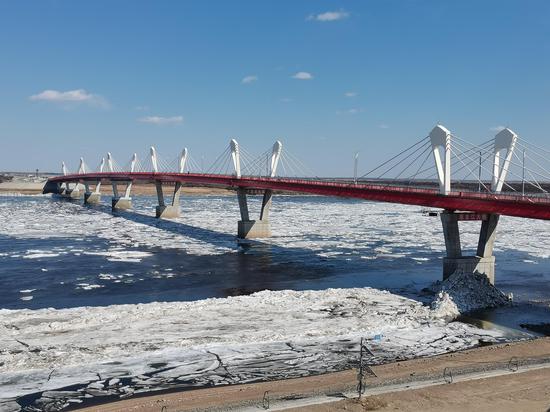



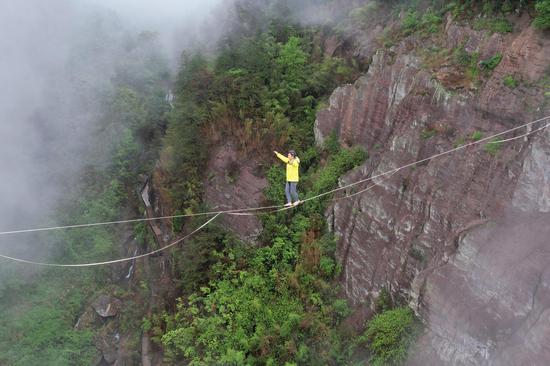
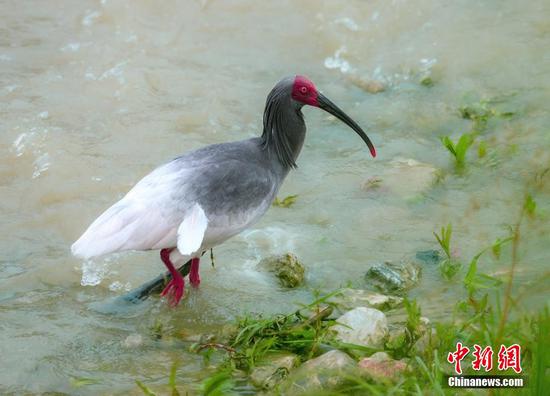
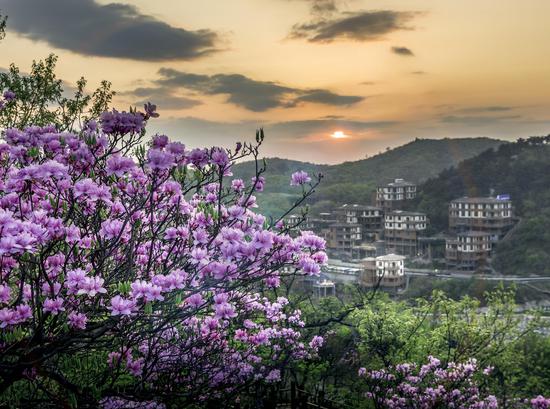
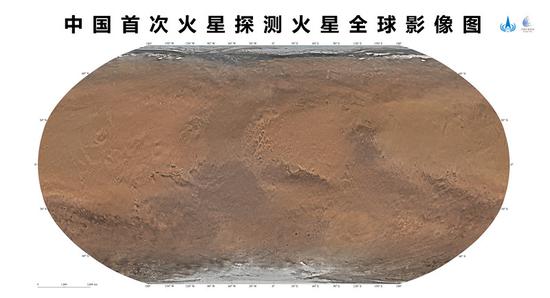
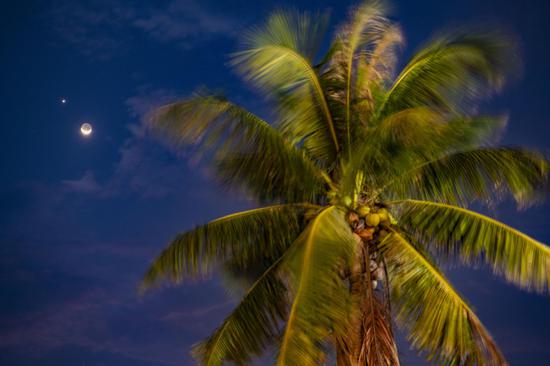
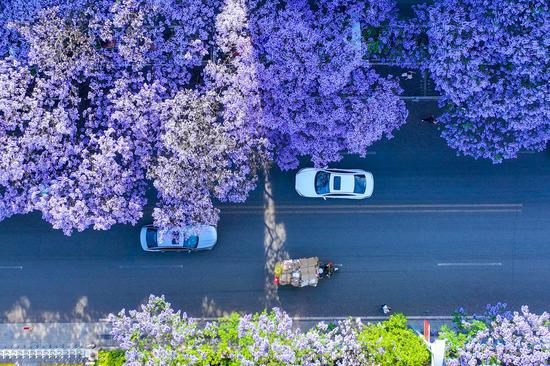
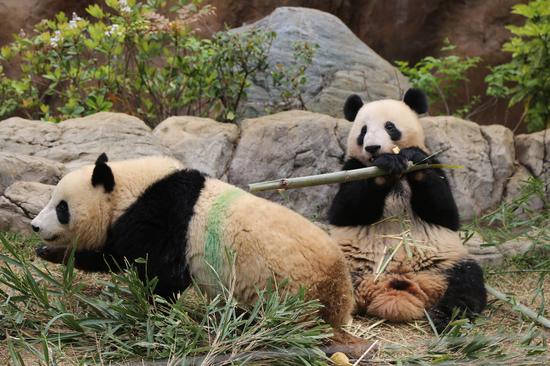
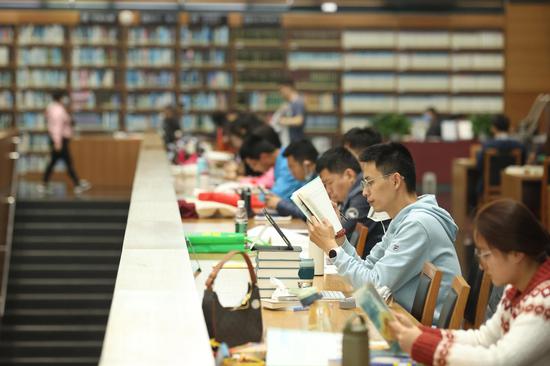
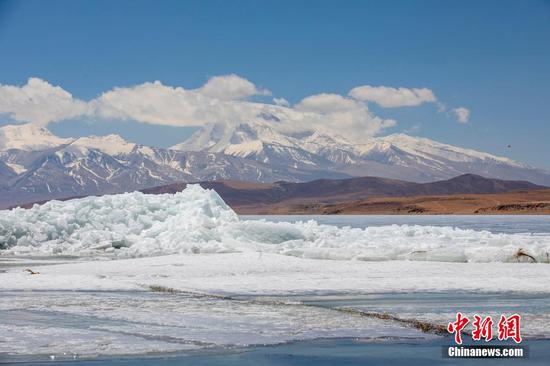







 京公网安备 11010202009201号
京公网安备 11010202009201号